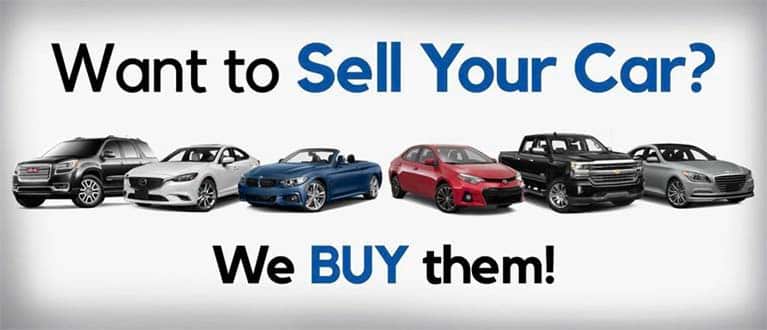Buying a second-hand car can be an invigorating yet intimidating experience. With numerous options available, it’s crucial to pick the right time of year to make your acquisition. Not only can when you buy affect the diversity of vehicles on offer, but it can also substantially influence the price you spend. Understanding the optimal times to buy a used car can help you maneuver through the market more effectively and finally score a great deal without feeling overwhelmed.
In this article, we will delve into key insights into the used car market, covering how to buy a second-hand car without getting ripped off and the distinctions between certified pre-owned and simply used vehicles. We'll also provide guidance on what to inspect before purchasing, talk about financing options, and also provide insights into the most suitable used cars for families and for towing. With the correct knowledge and timeliness, you'll be prepared to find a dependable vehicle that fits your budget and living circumstances.
Crucial Tips for Acquiring a Secondhand Car
While thinking about the buying process of a used car, it is essential to conduct thorough research before completing your decision. Start by defining your financial limits and the type of vehicle that fits your requirements. Allocate time analyzing reviews and evaluations to find the top options that align with your specifications in terms of dependability, gas mileage, and secure driving. Additionally, be aware of the market trends and seasonal cost changes to get you are getting a just deal.
Once you have selected a few promising candidates, take the effort to examine each car carefully. Look for indications of damage, rust, and wear and tear. Additionally, it's recommended to ask for a vehicle history report which can disclose any previous accidents or salvage titles that may affect the price you could get. Don’t hold back to take the car for a test drive, observing how it drives and reacts while on the road.
In conclusion, bargaining the price is a key step in buying a used vehicle. Use your data on the car's worth to obtain a more favorable deal. Be willing to leave if the offer does not align with what you consider is fair. Also, consider get a trusted mechanic inspect the car prior to making a definitive purchase, as they can provide perspectives on hidden defects that may not be immediately visible.

Top Picks for Pre-Owned Cars
When evaluating the best used cars, dependability is a major factor. The Toyota Corolla regularly ranks high on reliability and offers superb fuel efficiency. Renowned for its low maintenance costs and longevity, the Corolla is a superb choice for economical buyers looking for a reliable vehicle. Another excellent option is the Honda Civic, famous for its performance and durability, making it a top pick among drivers who want both style and substance.
For those in need of a family-friendly vehicle, SUVs like the Outback and the Honda CR-V are outstanding picks. The Subaru Outback combines practicality with safety features, making it ideal for families and outdoor enthusiasts alike. On the other hand, the Honda CR-V provides spacious interiors and cargo capacity, ensuring comfort during family road trips and daily commutes.
If you are an individual who values a sturdy vehicle for work or recreation, used trucks like the F-150 and Chevrolet Silverado are among the best in their class. Both trucks offer impressive towing and hauling capabilities while providing comfort and advanced technology features. With their rugged build and reliability, these models are excellent for anyone looking to get the most out of their used truck purchase.
Grasping Financing and Worth
As for buying a used car, grasping financing options is essential for securing a good deal. https://basse-didriksen.hubstack.net/the-times-of-year-to-purchase-a-pre-owned-car of buyers may not realize that financing terms can change significantly based on personal credit status, the year of the car, and financial institution rules. Shopping around for financing options from financial institutions, community banks, and digital financing sources can help you find attractive rates. It's also essential to consider the overall expense of funding, which entails finance charges and payment conditions, to make sure the recurring payments match your monetary limits.
The worth of a pre-owned car is determined by multiple considerations, including make and model, age, mileage, and overall condition. Websites like Kelley Blue Book or Edmunds can offer insight into fair market estimations, helping you prevent excessive costs. Value decrease has a major role in the value as well; many vehicles lose a substantial portion of their price within the first few years. Understanding these factors can empower buyers to arrive at informed choices and bargain better deals.
In conclusion, being aware of unexpected costs associated with second-hand automobiles is vital for long-term ownership. These entail registration fees, insurance premiums, and maintenance costs that may occur due to the vehicle's age and wear. By estimating these costs in preparation, you can ensure that the complete price of ownership matches your financial goals. With a firm knowledge of financing and pricing, buyers can confidently move through the pre-owned vehicle market and locate a vehicle that fulfills their specifications.
